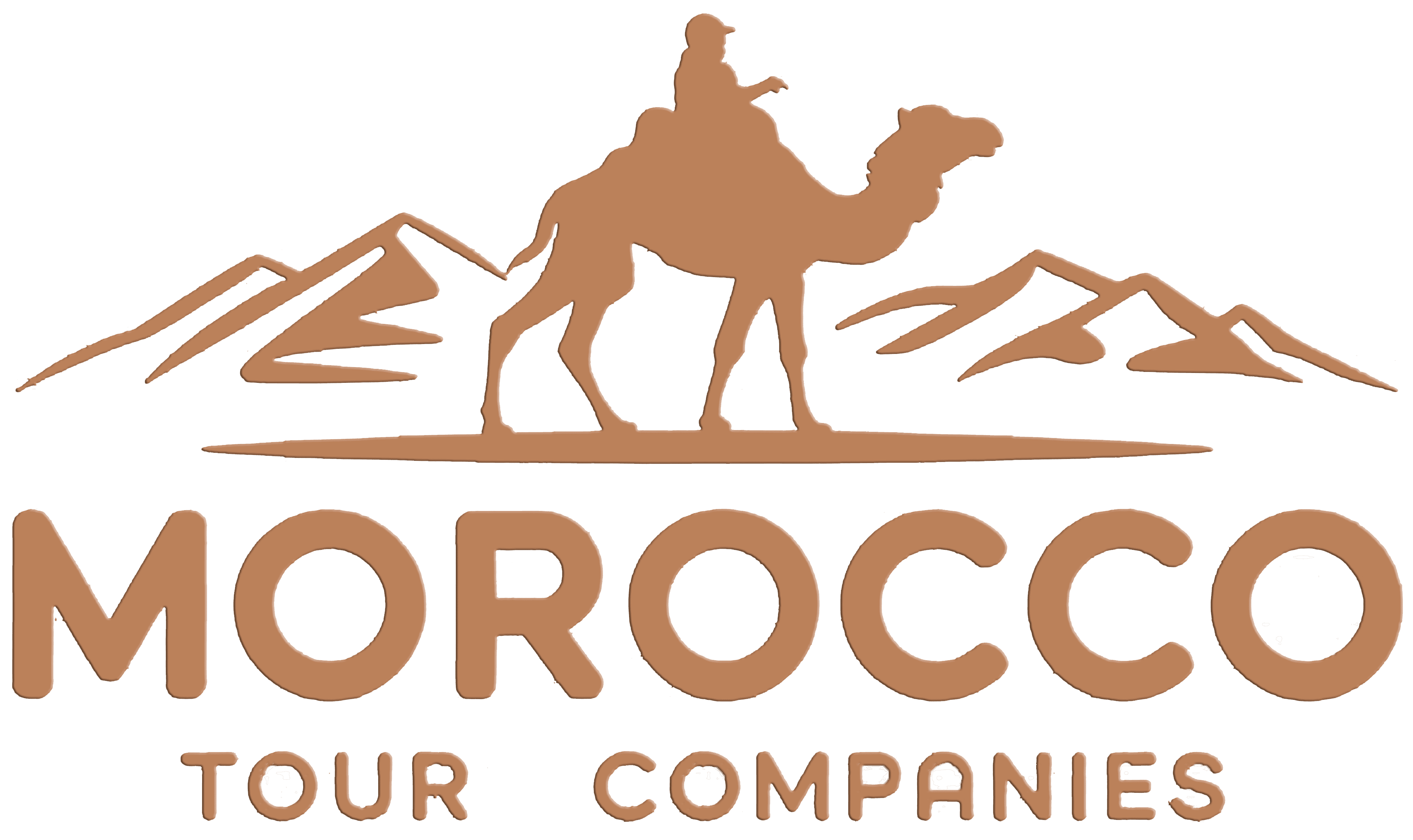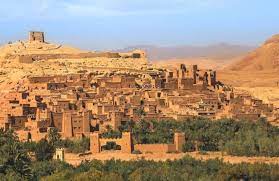Day Trip Ait ben Haddou, by traveling outside of Marrakech even for a day, you can get a deeper insight into this diverse and fascinating country. From everywhere in the city the majestic High Atlas Mountains can be seen. This tour to Kasbah Telouet and Ait Benhaddou near Ouarzazate will provide a glimpse into the rich history and local Berber culture.
To reach Kasbah you have to cross the Tizi n’ Tichka pass, which offers wonderful views. Here in the majestic Atlas Mountains, you’ll sometimes pass indistinguishable Berber villages on the slopes and in the valleys. Fields and gardens are examples of how life is spent in this terrain.
The UNESCO World Heritage Site, Kasbah Ait Ben Haddou and Kasbah Telouet are examples of multi-generational habitation. You will see many more modest and larger stately homes on the road between the two kasbahs as you descend into the Onela Valley.
The driver will pick you up from your riad at 8:00 AM and take you through the High Atlas Mountains and through the famous Tizi-n-Tichka pass. It is the highest in all of Africa, at 2,260 meters.
Along the way, you can see Berber villages nestled on the side of the mountains. Sometimes they are difficult to see because they are the same color as the surrounding soil. Sometimes, you descend into the valleys and drive along the river bordered by oleander and fruit trees. The gardens are filled with olive, walnut, pomegranate, apple, pear and quince trees. Here Berber women and children take care of goats and sheep and climb the steep slopes in search of animal food and firewood.
But on the other side of the mountains the landscape changes dramatically and becomes semi-arid and desert-like. Here you can see the architecture of the Kasbah with towers at the corners. These buildings have grilled windows and smooth peach-coloured walls. These traditional houses are built of mud brick, and are very suitable for the climatic conditions of the south.
After the Tichka Pass, you leave the main road and take a side road that leads to Kasbah Telouet. It served as a luxurious residence and headquarters for the powerful Galawi tribe. Their wealth came partly from salt mines outside the village. Each addition to the Kasbah buildings now stands in ruins exposed to wind and rain. It was abandoned and looted after Pasha’s property was confiscated because he was planning to exile Mehmed V. Wait to be surprised by the traditional interior as you reach the furthest point Casbah.
The road then heads south down the Onela Valley where green fields and gardens run parallel to the curvy lower part of the roads. You will be surprised by the colors of the rocks and dirt, the Berber villages and gardens, as well as the small kasbahs. Here, olive and almond trees and fruits are the main crops and the mainstay for many families.
Arabic and Berber are the official languages, while French is widely spoken, especially in urban areas and tourist destinations. English is also spoken in tourist areas but to a lesser extent.
It’s advisable to drink bottled water, avoid consuming unpeeled fruits or raw vegetables from street vendors, and ensure up-to-date routine vaccinations. Consult with a healthcare professional regarding specific travel health recommendations.
The Moroccan Dirham (MAD) is the official currency. While credit cards are accepted in many hotels, restaurants, and shops, it’s advisable to carry cash, especially in more remote areas and markets where card acceptance may be limited.
Tipping is customary in Morocco, particularly in restaurants, hotels, and for tour guides and drivers. A tip of around 10% of the total bill is typically appreciated, though it’s always best to gauge based on the quality of service received.
Desert tours often include camel rides in the Sahara, overnight stays in desert camps, visits to traditional Berber villages, stops at iconic landmarks like Ait Benhaddou, and opportunities to witness stunning sunsets and sunrises amidst the dunes.
Imperial cities tours typically include visits to Marrakech, Fes, Rabat, and Meknes, each offering unique historical sites such as the Jardin Majorelle, the Medina of Fes, the Hassan Tower, and the Roman ruins of Volubilis.
+491781147700
Moroccotourcompanies@gmail.com

